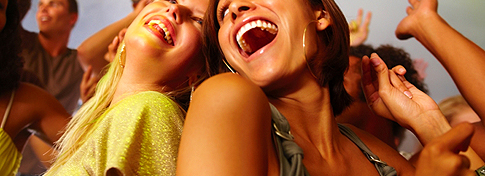digital photography or resource
While most budding photographers obsess with cameras and their features, it is easy to forget the most important part of the photographic system - the lens. Its importance is two-fold. It renders the light passing through it and has a significant influence on your photos' resolution, sharpness and definition. Any drop in quality is most pronounced around the edges of the image and this is the first place to look when comparing lenses. Poor quality optics also suffer from various aberrations such as chromatic aberration or colour fringing around ages of objects, and various "barrel" or "pincushion" distortions. A good lens should suffer from none of those.But your optics are important in another entirely different way too. The lens really influences the way you shoot - how you move around the subject, how close you go, what kind of perspectives you're getting. Have a look at some reportage photography and it's really interesting to see the difference between wide-angle photography and telephoto zooms, each having their own virtues and applications.So what are the basic lenses that a serious enthusiast should have? To start with, do not throw away your standard kit lens that your digital SLR probably came with. They tend to be cheap but decent and versatile lenses that you can use in conditions when you don't want to risk any knocks on your more expensive optics. Next, get yourself a nice wide angle lens. Possibly a 12-24mm or a fixed 20mm. This makes a perfect landscape lens as well as a good option for street photography.If you're keen on portraits then get yourself a small telephoto lens - say, an 85mm or 105mm. These are the optimum lengths for providing some flattening of perspective, while still being wide enough to give good depth.Do try to get as wide lens as possible - ideally f/2.8 - to give you the ability to blur your backgrounds.Longer lenses have plenty of uses - for action, sport and wildlife photography. There are some stunning lenses, for example Nikon's and Canon's 300m f/2.8, however these do cost an arm and a leg and weigh just as much. A good option is a slightly shorter and smaller 200mm f/4 that is compact to carry, yet it provides decent magnification, especially on a digital camera with a crop factor.Which ever way you go, do stop to consider lenses before deciding on what camera to buy. They are the single tool that will open the most new possibilities with your photography and are definitely worth investing in.For more info,Please visit digital photography or resource
